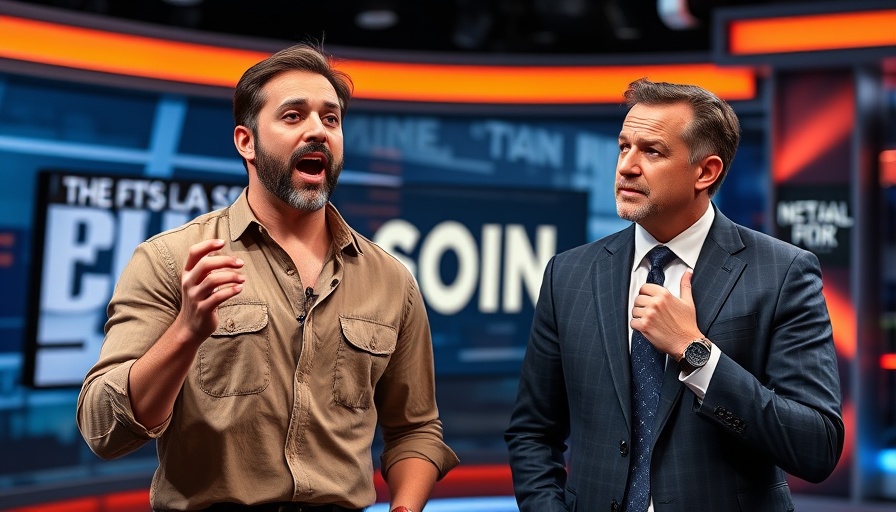
Understanding the Complexities of Anti-Semitism
The recent discussion sparked by Rabbi Levi Shmuel's comments during a Senate hearing illustrates an ongoing debate about how to effectively address anti-Semitism in America. His observation that anti-Semitism isn’t merely an ancient prejudice, but rather a modern-day crisis echoes concerns that are increasingly echoed across campuses nationwide. However, his assertion that public figures must be 'anti-anti-Semitic' raised eyebrows and initiated a controversy surrounding freedom of speech and political identity, particularly among conservative circles.
In 'How This Rabbi's Argument Actually Hurts Jews,' the discussion dives into the intricate relationship between anti-Semitism, public figures, and freedom of speech, sparking deeper analysis on our end.
The Balance Between Free Speech and Accountability
As conservatives, the nuances of free speech are paramount. Emphasizing this right means defending an individual's ability to express opinions—even if they are unpalatable. In recent years, a pattern has emerged where certain groups promote 'compelled speech'—the notion that expressing a view, particularly around contentious issues like Israel and Palestine, must conform to an approved narrative. Critics argue that this can actually provide fodder for genuine anti-Semites, further complicating the national dialogue.
The Risk of Compelled Speech
By placing the demand for being 'anti-anti-Semitic' on public figures, there’s the risk of stifling legitimate discourse. The goal should be to foster an environment where varying viewpoints can be openly discussed, rather than resorting to a blanket enforcement of opinion. This approach naturally gravitates towards polarization instead of constructive conversation, something many conservatives are wary of—especially when connected to broader themes of governmental overreach and censorship.
Mutual Concerns in Today's Political Climate
The discussions surrounding anti-Semitism, university policies, and free speech highlight a broader societal issue—how to navigate conflicting identities without compromising individual liberties. Many conservatives feel a deep-rooted loyalty to America and its foundational principles, which include the right to speak openly on contentious topics without fear of reprisal. This tension is at the heart of our current political landscape, making it essential for communities to deliberate thoughtfully.
In conclusion, as these conversations continue, it is vital to remember that understanding and combating anti-Semitism shouldn't come at the cost of freedom of speech. Engaging in this dialogue preserves the integrity of our democracy, allowing for a more profound understanding of each other's perspectives while upholding our commitment to free expression.
 Add Row
Add Row  Add
Add 




Write A Comment